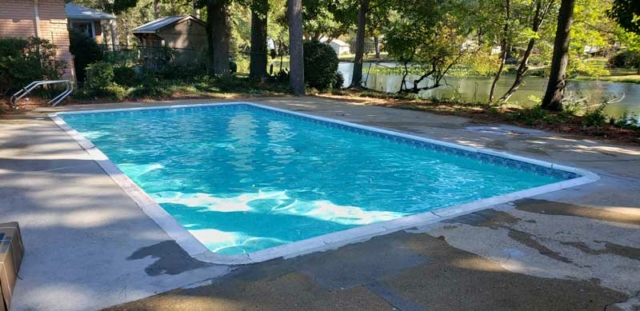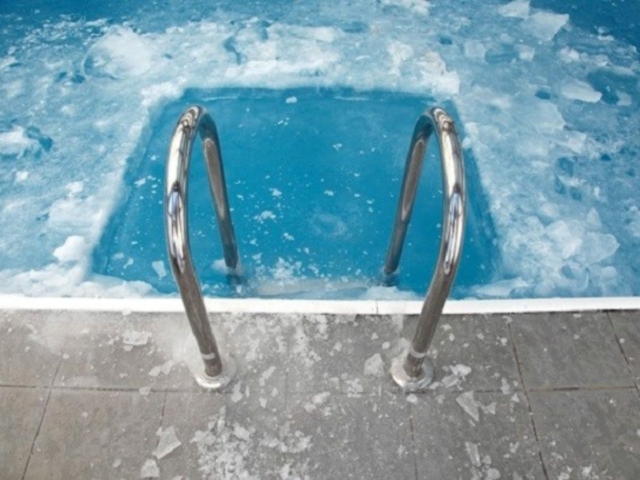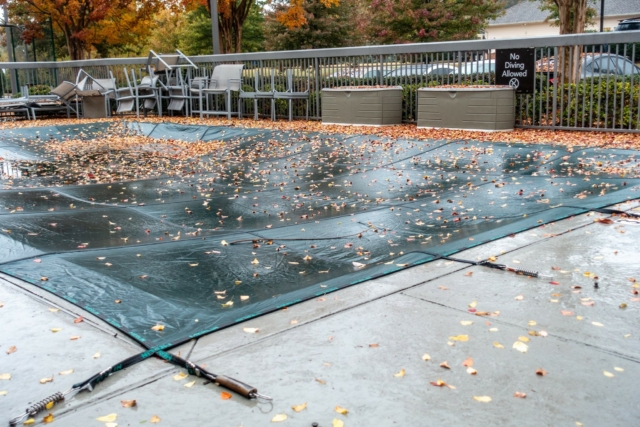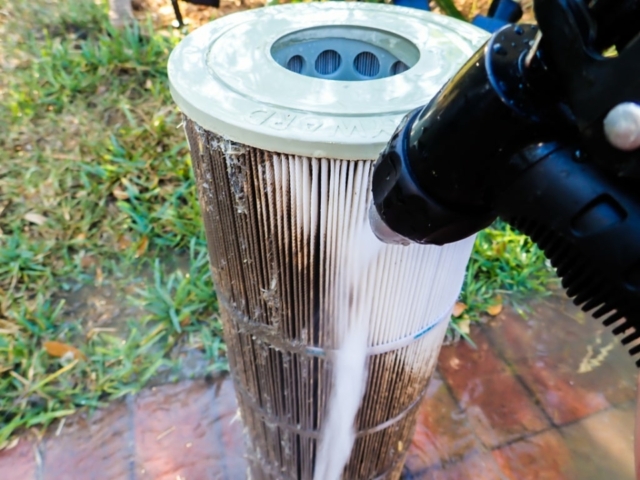The Most Common Swimming Pool Designs
At present, there is a broad spectrum of swimming pool designs. Thus, if you desire to spice up your yard space, you have a wide variety of swimming pool designs to choose from. Before settling for a particular pool design, it would be best to consult a professional contractor. They will advise you on the best pool designs to incorporate.
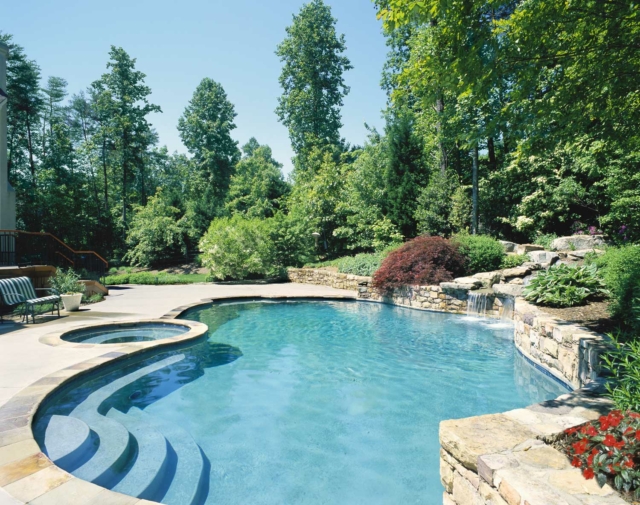
Here are the most common swimming pool designs.
Lap Pools
Currently, lap pools are a popular option among a majority of homeowners. Lap pools are ideal for people who love swimming in laps. Also, they are ideal if you want to learn how to swim. Typically, lap pools are long and narrow. Thus, you can increase your swimming speed through these pools. They are geometric and sometimes have various water features for better aesthetics and functionality.
Olympic-Size Pool
An Olympic-size pool is a large pool uniquely designed for swimming competition purposes. More often than not, you’ll find these pools in stadiums of large water areas. It is hard to construct this pool on the residential property since it is very big. Due to its size, it incorporates high lifetime costs. Keeping an Olympic-size pool in good condition is not a walk in the park. Moreover, you’ll need several pieces of equipment to keep it clean and operate it.
Oval-shaped or round pools
Round pools are also a popular design among most homeowners. These pools are often circular or oval. Therefore, they feature curved edges. Round pools are ideal for medium-sized to large-sized backyards. You can create any size of a round pool. Nonetheless, ensure you employ a reputable pool construction company to build this pool for you. You can make this pool more appealing by adding various water features.
Geometric pools
Rectangular-shaped pools are common in most residential and commercial properties. These pools have straight edges and can fit into almost any yard space. You can always customize your geometric pool to any size; it depends on your budget and requirements. Although simple, geometric pools bring a classic touch to your yard. You can also spice them up by adding a spa and other water features to them.
Kidney shaped pools
Another pool design you are likely to find in most households is the kidney shaped pool. Kidney-shaped pools are ideal for large yard spaces. They are bean-shaped and can accommodate a wide range of water features. However, you need to hire a highly experienced pool contractor to build this pool for you. One of the main benefits of building this pool is that it offers exceptional aesthetics.
Common swimming pool types
Once you settle on a particular pool design, you need to know the type of pool you need to install.
Saltwater pools
Currently, homeowners are embracing saltwater pools due to the wide array of benefits they offer. Saltwater pools use fewer amounts of chlorine compared to conventional pools. They contain a saltwater generator that breaks down salt into its original constituents, sodium, and chlorine. From there, the chlorine disinfects the pool. With saltwater pools, you won’t have to add a lot of chlorine to the pool. Subsequently, your pool water will be much safer for swimmers.
Chlorine pools
Chlorine swimming pools are the most popular option due to their affordability. Back in the day, chlorine pools were the most popular option. But pool experts invented better systems that offer swimmers’ safety and less maintenance. With these pools, you need to add chlorine tablets to the pool for cleaning. Also, you have to constantly check the pool’s chlorine levels to avoid having an excess of this chemical in your pool. Remember, excessive chlorine in your pool can lead to severe skin irritation.
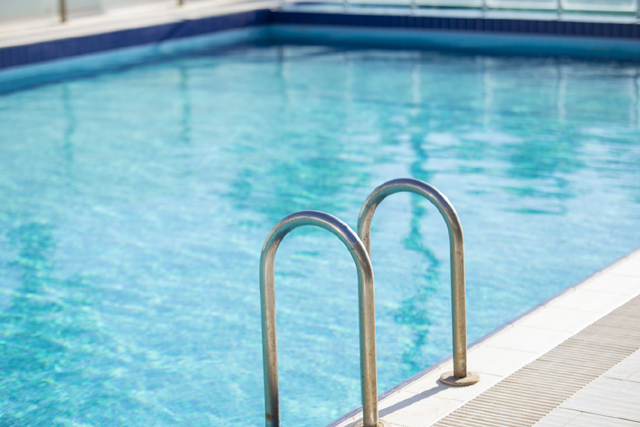
UV pool sanitation systems
Although expensive, these pools are chemical-free and offer excellent functionality. With these pools, water passes through the UV system, where all microbes and harmful organisms get destroyed. The ultraviolet rays focus on destroying the nucleus of cells, killing them, and preventing them from reproducing. These pools need very little to no chlorine to function. However, they are a huge investment. Moreover, few pool builders know how to install this pool system.
Best swimming pool designs
It is clear that there is a wide range of swimming pool designs you can install. Some of the most common pool design options include geometric, round, and kidney-shaped pools. Regardless of the pool type you choose, always hire experienced professionals. Also, take time to evaluate your requirements and budget before settling for a particular pool design. At Fox Pools, we have highly experienced professionals who offer the best pool repair, service, and maintenance. Contact us today!

